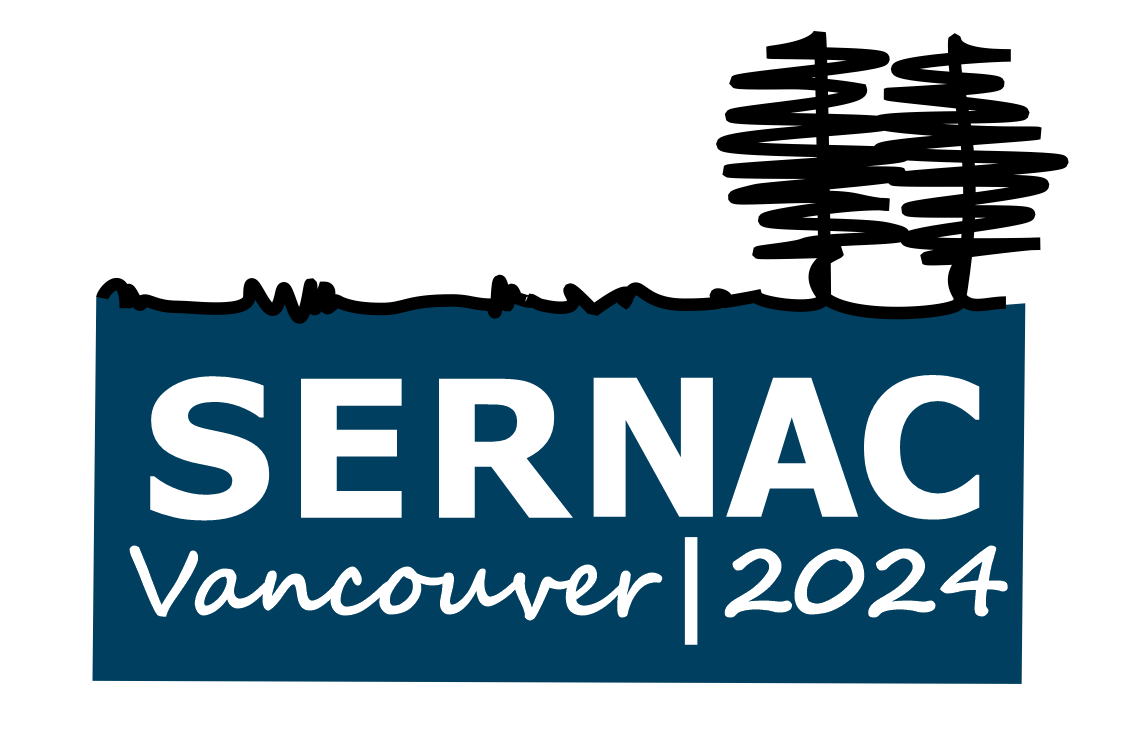“The SER Ontario Chapter has committed $1,000 to offsetting registration fees for this workshop, meaning that we can offer 20 slots for free.” Tim is thrilled to remove what might be a barrier for some in order to attract diverse and enthusiastic participation in the session. “We are seeking additional funding for individuals who can’t afford the additional registration fee…they can email myself (tim.a@uwaterloo.ca) or Nancy (nshack@uvic.ca) with any questions.”
The workshop Boots and suits: Building bridges between practitioners and researchers will bring together people working in diverse ecosystems from aquatic to terrestrial, heavily urbanized to remote,” says facilitator Dr. Tim Alamenciak, Postdoctoral Fellow at Bennett Lab, Carleton University. “Through collaboration, researchers and practitioners can mutually benefit from testing hypotheses in real-world applications.
Dotmocracy is one tool that could be used to span boundaries between research and practice (image courtesy of Dotmocracy.org).

Elaborating on the value of the Boots to Suits Workshop, Alamenciak anticipates that “this workshop will advance a framework for such joint efforts, including data sharing, with the goal to enhance effectiveness of restoration practice in Canada and globally.” He sees this boundary-spanning approach as a promising way to address challenges such as different terminology, goals, and contexts associated with research and practice; in the healthcare field, such a “Knowledge-to-Action” framework has met with notable success!
Workshop Summary
This 4 hour workshop will lay the foundations for a large-scale ecological restoration data repository that is useful to both practitioners and researchers by engaging the professionals who will use it in the development of the repository. The framework and standards created here will inform future collaborations, data sharing efforts and funding applications.
The first activity will introduce the Knowledge-to-Action framework (Graham et al 2006), commonly used in healthcare. Practitioners and researchers will modify and apply the framework to the context of ecological restoration and co-create a customized approach that will help both groups work together more effectively. In particular, this workshop will explore how the Knowledge-to-Action framework can incorporate Indigenous knowledge systems – an essential aspect of ecological restoration. Such a framework would enable engagement given the constraints of budget and time. It is vital that this framework be co-created.
The second activity will focus on productive sharing of data and materials. Researchers and practitioners expressed the need for more sharing, including data and physical materials (e.g. seeds, soil, plants, etc.). This workshop will lead participants through an exercise to identify relevant and important meta-data required for the sharing of restoration data, literature and reports. This will build on the existing framework developed for the Global Restore Project datasets (Ladouceur and Shackelford 2020) and characteristics that have been identified as important to the predictability of restoration (e.g. Zirbel et al 2017; Stuble et al 2017). Participants will use the dot-mocracy participatory teaching tool to identify what elements of data are useful and feasible to collect and share in a practical setting.
The third activity will focus on a crucial barrier to restoration and engagement identified by all participants in the RE3 workshop: money. Practitioners expressed that they are unclear how research funding works, and vice-versa. This portion of the workshop will build the capacity of cross-industry understanding by teaching researchers how practitioners access funding and teaching practitioners how researchers access funding. Participants will be encouraged to identify opportunities where they can leverage funding to build engagement between researchers and practitioners. Throughout the workshop, participants will be encouraged to identify individuals who may be interested in being part of this collaborative network. Workshop facilitators will contact those individuals following the workshop and build connections between all present.
In this workshop attendees will help lay the foundations for a large-scale ecological restoration data repository that is useful to both practitioners and researchers by engaging the professionals who will use it in the development of the repository. The framework and standards created here will inform future collaborations, data sharing efforts, and funding applications.
Workshop participants will be added to a community of practice that will apply the framework and standards developed as a part of this workshop. The ongoing effort started here has the potential to bridge research and practice, enhance restoration outcomes and meet the ambitious challenges of global ecosystem degradation.
Important: Participants are asked to bring/contribute datasets and reports that they are open to sharing with the group, or more broadly with the general public. Datasets can be shared ahead of time with Tim Alamenciak by email.
